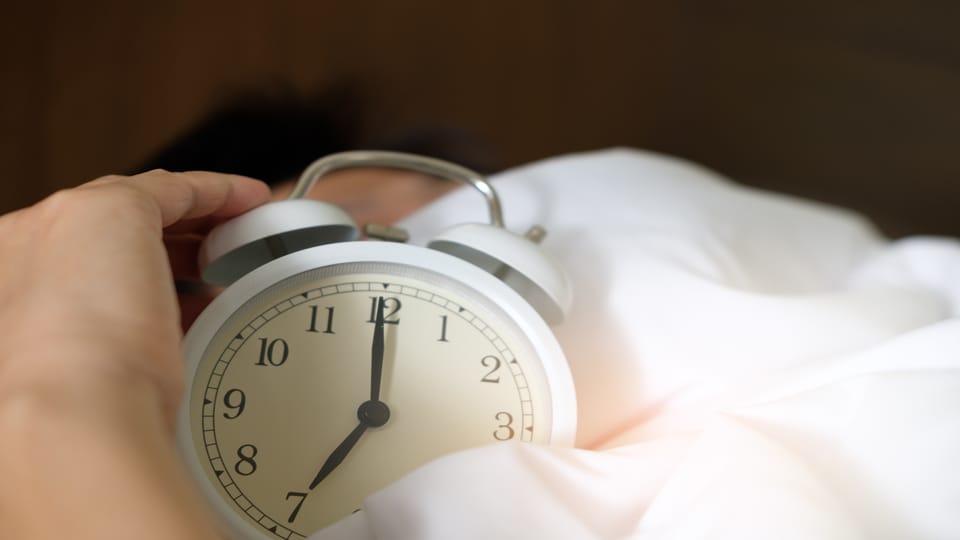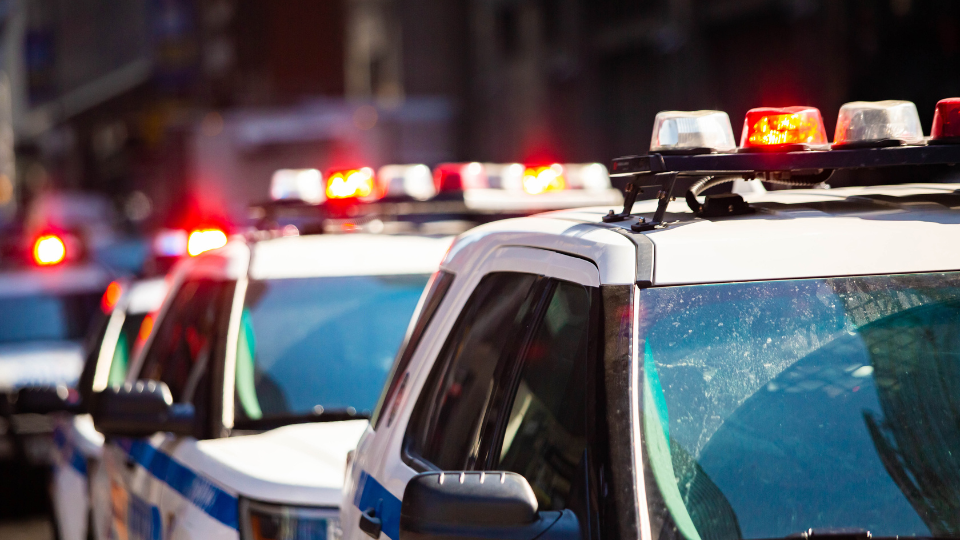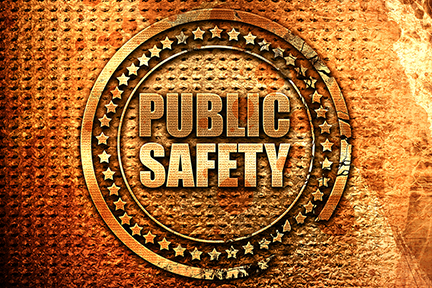
About half of protective service and military workers report not getting enough sleep, representing a higher rate of sleep deprivation than any other occupation. This statistic is especially concerning given the vital role this workforce plays in protecting public safety and health. It’s understandable that public safety workers would struggle to get enough sleep. Working 12-hour and rotational shifts that are combined with the unpredictability of being on call can disrupt the body’s natural circadian rhythm. Assignments can involve shift hold-overs, traumatic encounters, and high levels of stress.
Chronic stress can keep the nervous system in a heightened state of arousal, making it harder to fall asleep. Anxious thoughts can intrude in the middle of the night, resulting in a poor sleep experience. On top of these factors, many officers, firefighters and dispatchers work additional jobs to help meet financial obligations, limiting the number of hours they’re able to set aside for rest. What's the long-term effect and how can it be controlled?
Effects of Sleep Deprivation
Personal Health Effects
A lack of sleep among public safety workers can have profound effects on both personal health and public safety. Sleep deprivation inhibits the immune system, making tired workers more vulnerable to common infections. It also makes individuals more susceptible to chronic health problems like heart disease, diabetes, and some types of cancer. Some effects of insufficient sleep, such as depression, anxiety, stress, and poor eating habits, can also help to fuel insomnia, creating a cycle that can be extremely difficult to interrupt.
Public Safety Effects
As troubling as the personal health effects of sleep deprivation are, the public safety implications are even more alarming. A study of nearly 5,000 North American police officers found that an astonishing 45.9% reported having fallen asleep while driving. More than a quarter said they fell asleep at the wheel once or twice a month, and more than 6% reported this happening at least once or twice a week.
In addition to the danger posed on the road, public safety personnel's lack of sleep can hinder their abilities to protect their communities. Alertness, decision making, logical reasoning, memory, physical coordination, spatial perception and orientation, and social awareness can all be compromised. People who don’t get enough sleep also tend to be more irritable, making it more difficult to maintain healthy team cohesion and de-escalate conflicts. Given the serious consequences that can follow poor performance by law enforcement officers and firefighters, it’s difficult to understate the dangers of this sleep-deprived workforce.
Steps Toward Preventing Sleep Deprivation
What can agencies do?
Both public safety agencies and individual employees can take steps to help promote healthy sleep and prevent the accidents, miscommunications, and mistakes that become inevitable in a sleep-deprived workforce. Agencies should implement fatigue policies, creating a plan for scheduling operations. Technology can play a key role by automating fatigue rules as part of on-duty scheduling coordination with other events. This type of oversight ensures that fatigue policies are continuously and fairly enforced.
Agencies should train employees to identify signs of dangerous fatigue and coordinate with other organizations to establish rest locations for workers deployed for extended emergency duties. Additionally, they should adapt shift scheduling for emergency operations and develop mutual aid agreements to avoid the need for scheduling workers for dangerously fatiguing extended shifts.
What can workers do?
Individuals can support their own sleep by cultivating a healthy lifestyle and practicing good sleep hygiene. Getting regular exercise, limiting alcohol and caffeine consumption, and avoiding nicotine can make it easier to fall asleep and stay asleep throughout the night. Relying on stimulants and sleep aids to regulate your sleep cycle can have dangerous health effects. Having a pre-bedtime routine can help establish regular sleep times and support natural rhythms. Additionally, the following can help set the stage for a good night’s sleep:
- Use blackout curtains, especially for night-shift workers who must sleep during the day.
- Control room temperature. The ideal temperature range for sleep is 60–67 °F.
- Minimize screen time before bed. Exposure to the blue light of a smart phone screen has been linked to decreased levels of melatonin, the hormone that regulates the sleep-wake cycle.
- Create a relaxing bedtime ritual. Calm activities like reading a book, bathing, and meditation can help get your mind ready for rest.
Communities need public safety workers who are able to perform at their best. It's also critical for public safety personnel to be rested and in good mental and physical health so they can respond to emergency situations quickly and make sound decisions. Orion is here to solve problems like these for public safety agencies using our software solutions. This is one of the many ways in which we are able to serve those who serve.
For ongoing updates about the changing landscape of public safety workforce management, subscribe to our blog.


